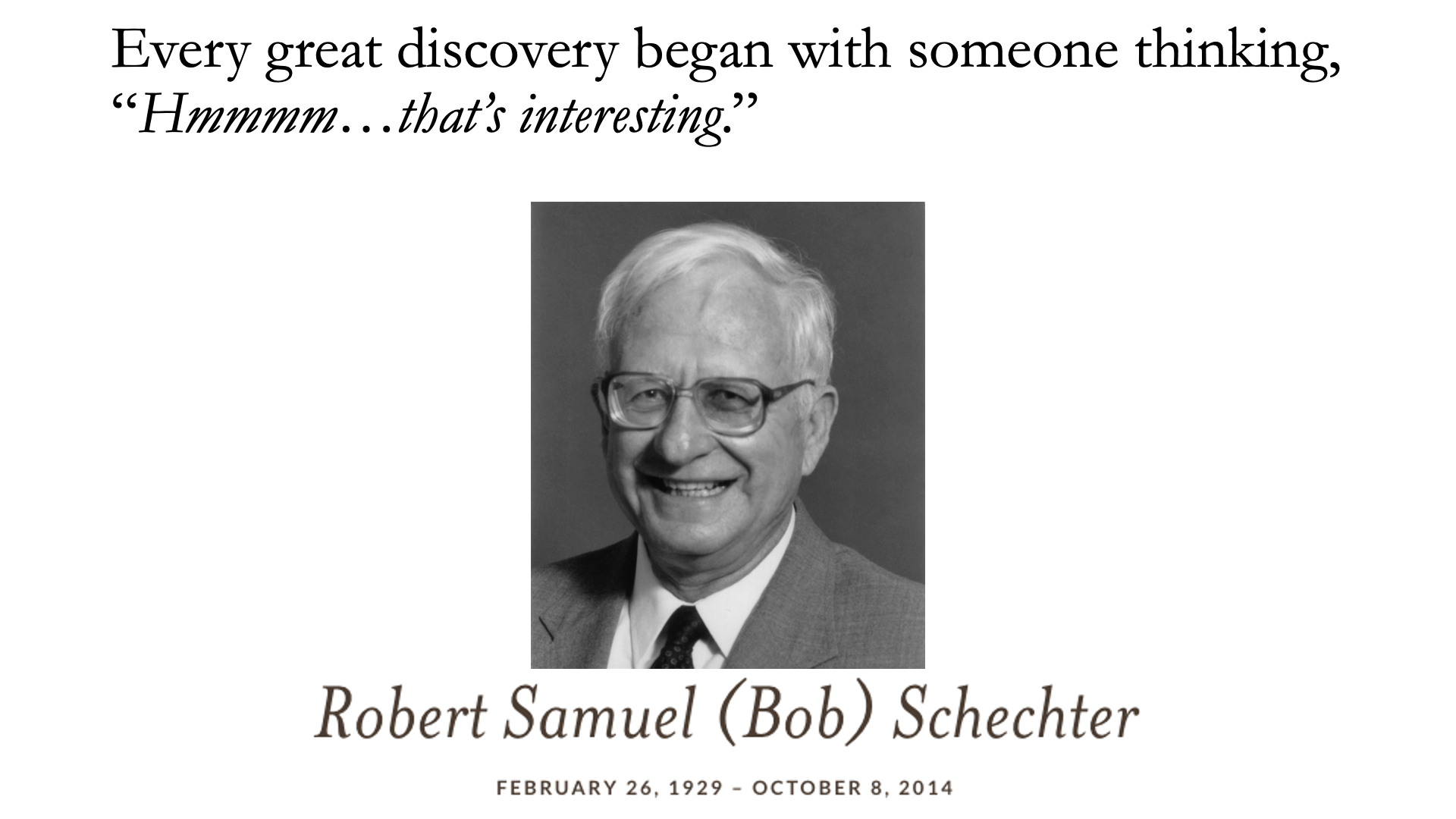The Center for Subsurface Energy and the Environment (CSEE) decided to honor the late Bob Schechter in 2018 for his lifetime commitment to higher education and research by establishing a research award in his name. Bob Schechter was the intellectual soul of both the petroleum and chemical engineering departments at The University of Texas at Austin. He was one of the great professors of our lifetime. Bob was a professor at UT for more than 30 years. During this time he was the chairman of both the chemical and petroleum engineering departments. He was also one of the first National Academy of Engineers elected at UT. Along with Bill Wade, he established the first industrial consortia at UT to support oil recovery research. Above all, Bob was a mentor, friend and inspiration to many petroleum and chemical engineering students and faculty.
CSEE has created an endowed annual research award in his name. The R.S. Schechter Research Award will go to anyone who has made substantial contributions to science and technology of energy production. This award is intended to be distributed annually at $5,000.
Dr. Steve Bryant received the award on May 16, 2022 and gave a lecture entitled: Decarbonizing Energy Systems on Time: The Case for Optimism.
As the University of Calgary’s first Canada Excellence Research Chair in Materials Engineering for Unconventional Oil Reservoirs at the University of Calgary, Steven Bryant brought together advances in nanotechnology, novel materials and microbiology to re-imagine how society can benefit from hydrocarbon resources with reduced environmental impact. Discoveries from this work have produced twenty invention disclosures and five startup companies in the last five years. He continues this research in his current role as Schulich School of Engineering Research Chair in Materials Engineering, while also leading the development of strategies for transdisciplinary studies and for engagement of students and faculty in research aimed at innovation. Previously he held the Bank of America Centennial Chair in the Department of Petroleum andGeo systems Engineering at The University of Texas at Austin, where he directed the Geological CO2 Storage Joint Industry Project and the Nanoparticles for Subsurface Engineering Industrial Affiliate Program. Bryant worked in industry research centers in Europe for a decade before joining academia.Dr. Bryant has published more than 400 articles in production and reservoir engineering, formation evaluation, and CO2 storage and has trained 150 graduate students and postdoctoral fellows. He serves as Chief Scientist for two sites of the Creative Destruction Lab, providing mentorship for ventures seeking to commercialize innovations in Climate and in Energy. Dr. Bryant is the proud recipient of the 2021 SPE Sustainability and Stewardship in the Oil and Gas Industry Award.
He earned a B.E. from Vanderbilt University and a PhD from The University of Texas at Austin, both in Chemical Engineering.
Abstract:
Decarbonizing is easy. Decarbonizing fast is difficult. The term “Net Zero” has become shorthand for the list of actions that will limit global warming. The challenge of Net Zero is not the items on the list, however, but their due dates, which are no longer in the comfortably distant future.Because those due dates are so close, and the list is so long, and the scale of the energy system is so large, evaluating pathways to Net Zero requires a great deal of thought. Most of us cannot devote that much time and attention, and as a result the public forum on Net Zero pathways often reduces to simplifications, slogans and soundbites. Dominant groups in this forum include Doomers, Cheerleaders and Shruggers. The case for optimism starts by recognizing that all three groups are wrong. The next step is to recognize that all three are also right in an important way. The challenge of decarbonizing transportation provides a good illustration of the why-theyarewrong- and-why-they-are-right approach to optimism. Historical data for global energy supply and forecasts of the remaining carbon budget undercut the recommendations of Cheerleaders and Shruggers. Field data on oil production and on processes to capture CO2 from the atmosphere undercut the prescriptions of Doomers. Happily, a novel option emerges from these assessments: carbon-negative crude oil has the potential to be a rapid, scalable and less expensive means of eliminating transportation sector emissions. And the advantages of carbon-negative oil align with what Doomers, Cheerleaders and Shruggers get right. But whether the advantages outweigh the disadvantages hinges on social desirability. This rarely discussed but immensely important characteristic of a technology will determine whether that technology helps us reach Net Zero on time.



